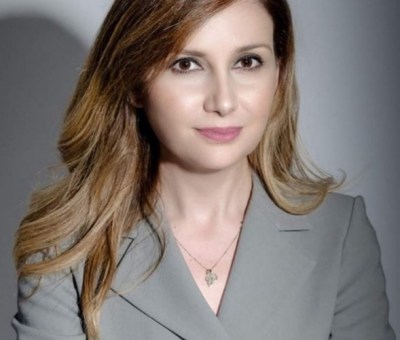Albania’s April 25 Elections: What Do They Mean for Albanian Democracy?
On April 25, Albanian citizens will cast their ballots to elect 140 members of its national parliament, the Kuvendi. In the thirty years since communism ended in Albania, the country has made serious strides in developing its democracy but remains challenged by intense political polarization and low levels of government accountability. Which party came out on top in the election and what does that suggest for Albania’s future?
Overview.
On April 25, Albanian citizens will cast their ballots to elect 140 members of its national parliament, the Kuvendi. In the thirty years since communism ended in Albania, the country has made serious strides in developing its democracy but remains challenged by intense political polarization and low levels of government accountability. Which party came out on top in the election and what does that suggest for Albania’s future? How can Albanians overcome polarization and strengthen their democracy? And just how far has the country progressed in the last three decades?
Please join the International Republican Institute at this event where we will explore these questions and more with panelists from Albania’s Democratic Party (DP), Socialist Movement for Integration (SMI) party, and Socialist Party (SP), who will provide election analysis and their perspective on what comes next for Albania. The event will feature Taulant Balla, General Secretary of SP, Klajda Gjosha, a member of the SMI Executive Committee and Chair of the SMI Women Forum, and Jorida Tabaku, a member of the DP Executive Committee. The event will be moderated by IRI Europe Regional Director, Paul McCarthy.
Who’s speaking?

Paul
McCarthy

GUEST
Taulant Balla
General Secretary, Socialist Party (SP)

GUEST
Jorida Tabaku
Member, Democratic Party Executive Committee (DP)

GUEST
Klajda Gjosha
Member, Socialist Movement for Integration (SMI)